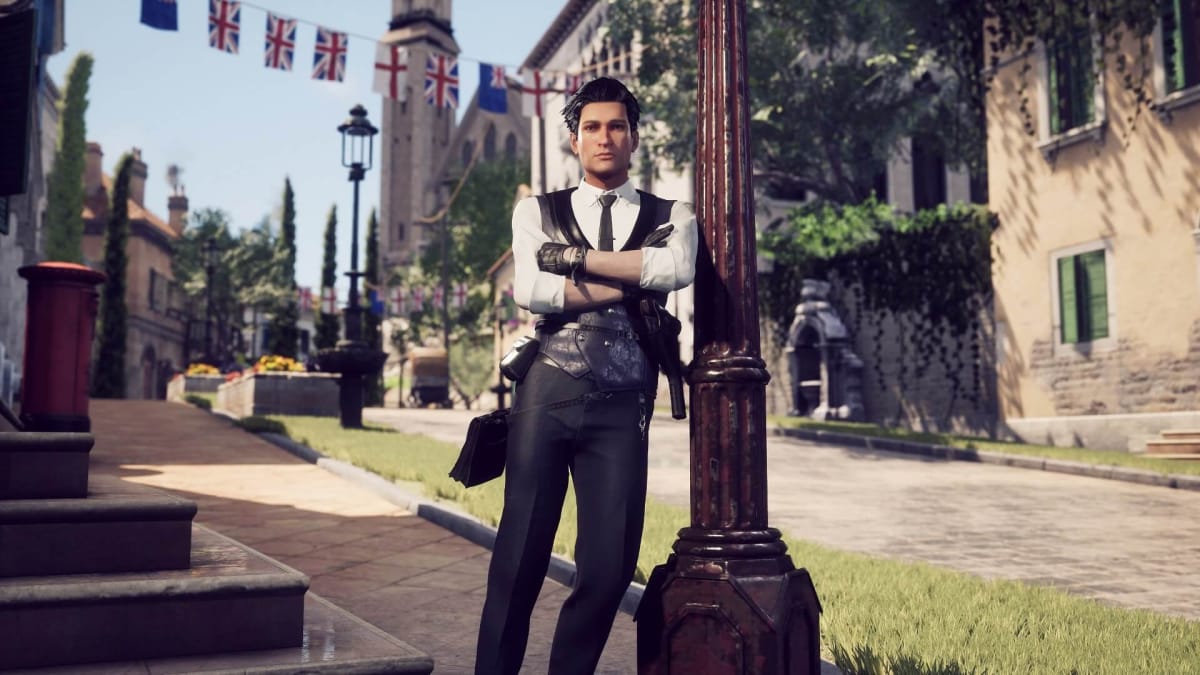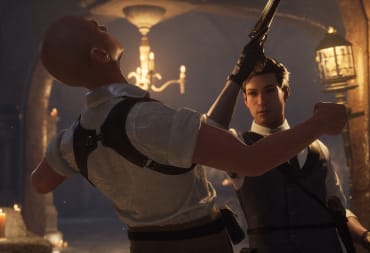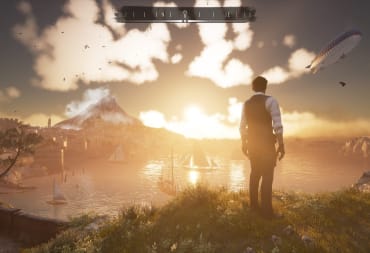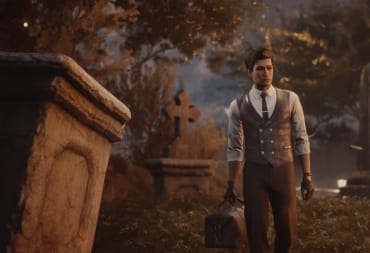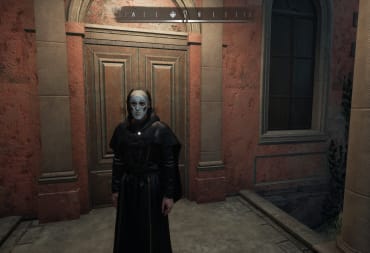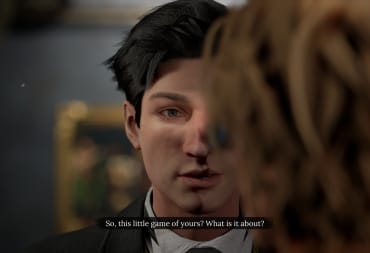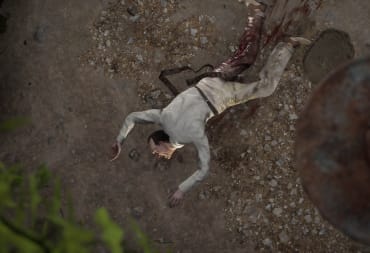For its new game Sherlock Holmes Chapter One, developer Frogwares claimed it was able to complete development on the game without any crunch. Now, its CEO has explained how his studio achieved this goal and what challenges the team faced.
How did Frogwares make Sherlock Holmes Chapter One without crunch?
Last week, Frogwares tweeted that Sherlock Holmes Chapter One has been made "100% with 0 crunch". Naturally, we were somewhat skeptical of this claim, so we reached out to the studio for further clarification. Frogwares CEO Wael Amr got back to us with a surprisingly comprehensive reply in which he attributes the success of his studio to "moving into an agile organizational model" a few years ago. For context, agile organizations emphasize quick responses to changing trends; they tend to be more open in terms of company structure, and they comprise several networked teams working on projects in tandem.
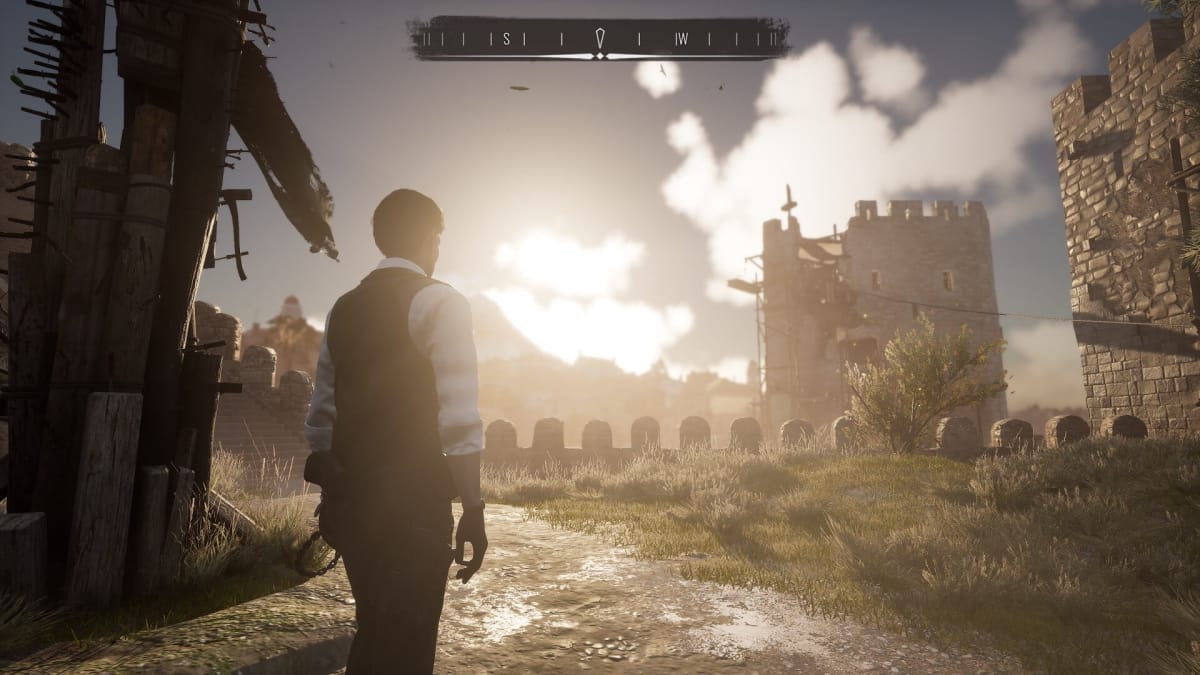
Frogwares moved to an agile model in 2016. As a result of this change, Amr says the studio "knew what game we wanted and we understood what we could deliver". He says crunch happens for three main reasons. First, the industry teaches that crunch is normal, so other companies think they have to do it. Second, studios misunderstand the status of their project; they often believe features are done when they're not, leading to a scramble close to launch. Thirdly and finally, Amr says crunch is caused by the desire to "fulfill a promise", either to the developer or to third parties like publishers or investors.
According to Amr, Frogwares' adoption of the agile model allowed it to sidestep these problems; agile models don't "allow you to NOT be aware of the status of your game", and unrealistic promises aren't possible with correct application of the model either, according to Amr. He says that there was no reason for the studio to crunch because it was fully aware of the scope of its project and because "unrealistic promises were never made". Frogwares was always aware of the exact state of production on Sherlock Holmes Chapter One, and as such, "crunch disappeared naturally".
So is the agile model a catch-all cure for crunch?
Despite its lack of crunch on Sherlock Holmes Chapter One, Amr says the model isn't perfect and doesn't cover for every issue. He says the model "didn't prevent us from being late with games", nor did it mean the team could afford to rest on its laurels. The model is "not a magical pill", but Amr says it represents progress for both him and Frogwares because of how it was able to reduce crunch. Amr clarifies that Frogwares used to crunch prior to 2016; the reasons he gives for crunch are taken from personal experience for him and Frogwares.
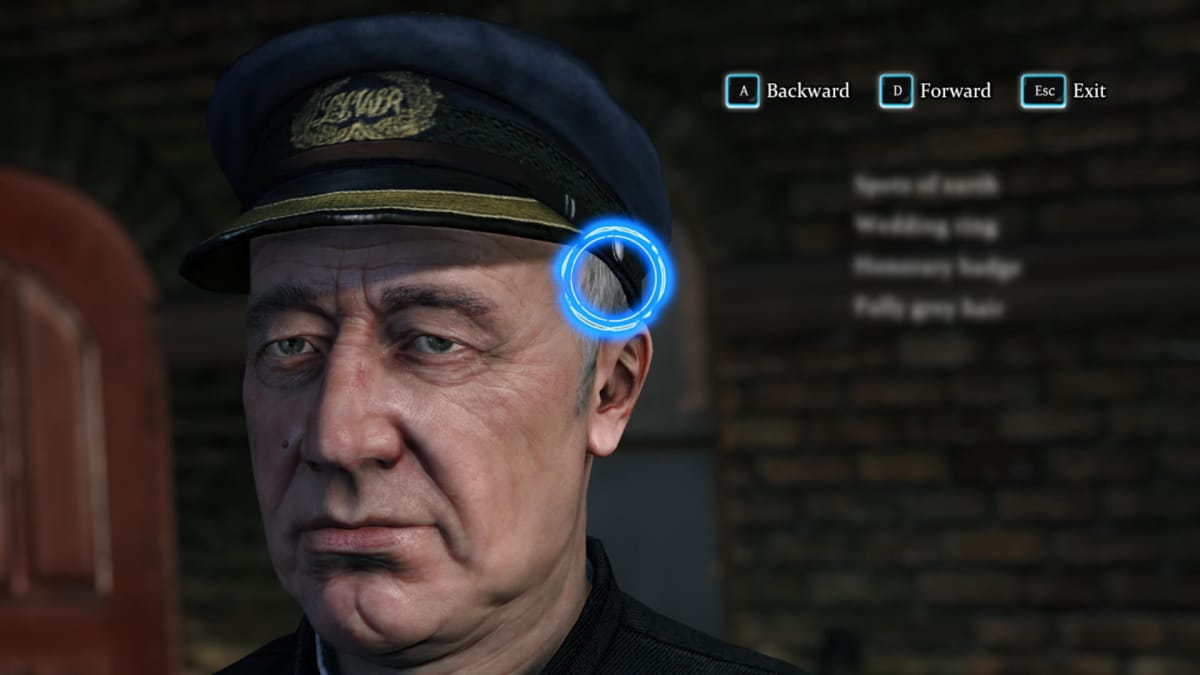
Amr says that adopting the agile model stood Frogwares in good stead when it came to the pandemic. The model helped him and Frogwares to "organize ourselves a lot better" and to prepare for the challenges associated with remote working. Because "the mentality, and the infrastructure" were already in place, moving to a remote model didn't represent a problem for Frogwares, according to Amr. This helped him and his team prioritize mental and physical health, too. Amr says it also helped that Frogwares is self-publishing Sherlock Holmes Chapter One. Since there's no third-party publisher to keep happy, Frogwares is able to set its own priorities, and there's no publisher to make promises to (other than Frogwares itself, of course).
Of course, it's not always easy to adopt a totally non-crunch promise for a project. Amr says that although Frogwares doesn't outsource in-game content to outside teams (art, programming, music, et cetera), the team does use third-party companies for testing. While Frogwares does its best to ensure its partners aren't crunching (and, indeed, said partners assure the studio that their employees work 8-hour days), in the end, all the studio can do is trust that these partners are telling the truth.
Why is crunch such a big problem in the industry?
First, let's define exactly what "crunch" is. This phrase refers to developers or employees having to work long hours in order to finish projects as they near release. The reasons Amr gives for crunch happening are easy to observe across the industry. Last year, Cyberpunk 2077 developer CD Projekt RED admitted to crunching in order to finish the game on time. Subsequently, CDPR president Adam Kiciński apologized for comments he made stating that crunch is "not that bad - and never was". Despite the rush to finish the game, Cyberpunk 2077 was still ridiculed at launch for its buggy, unfinished state. Crunch can also be detrimental to employees' mental and physical health; last year, Jason Schreier (then working at Kotaku) wrote a report on The Last of Us Part II's crunch, in which a Naughty Dog employee said the game's quality came "at a huge cost to the people".

Across the industry, some developers seem to be following Frogwares' example and changing their attitudes towards crunch. Earlier this year, Ratchet and Clank: Rift Apart developer Insomniac Games declared that the newest title in the platforming franchise was "crunch-free". In 2019, Cuphead: The Delicious Last Course, a DLC pack for ultra-hard run-and-gun shooter Cuphead, was delayed in order to avoid crunch. It looks like the approach is paying off for Frogwares, too; we were rather enamored with Sherlock Holmes Chapter One when we previewed it earlier this month. Time will tell whether Frogwares' comments represent a large-scale move away from crunch, but it looks like more and more studios are trying to get away from what many see as a harmful, anti-employee practice.
How do you feel about Frogwares achieving a zero-crunch goal with Sherlock Holmes Chapter One? Let us know in the comments below!
